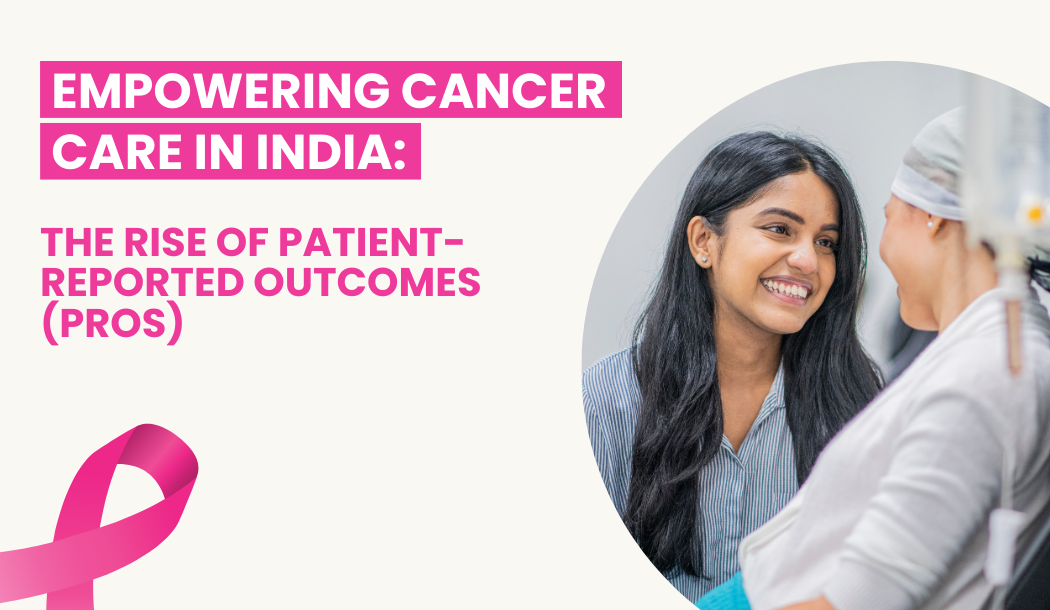Pharma Sahi Daam App: Revolutionizing Medicine Price Transparency in India
What is GCP? : Good Clinical Practices
"The Backbone of Clinical Research"
Introduction
Good Clinical Practice (GCP) is a set of internationally recognized ethical and scientific quality standards for designing, conducting, recording, and reporting trials that involve the participation of human subjects. Compliance with these standards provides public assurance that the rights, safety, and well-being of trial subjects are protected, consistent with the principles that have their origin in the Declaration of Helsinki, and that the clinical trial data are credible. This blog delves into the definition, importance, and components of GCP in clinical research.
What is Good Clinical Practice (GCP)?
Good Clinical Practice (GCP) is a regulatory framework that serves as the global ethical and scientific quality standard for conducting clinical trials. It covers aspects of protocol development, conduct, safety measures, data collection, and reporting. GCP guidelines are used by pharmaceutical companies, clinical research organizations (CROs), and regulatory authorities to ensure that the standards of clinical research are universally consistent and of high quality.
Key Components of GCP
-
Protection of Human Rights: GCP ensures the rights, safety, and well-being of all trial subjects are prioritized. Ethical considerations must always precede science in human research.
-
Informed Consent: GCP mandates that all participants receive comprehensive information about the clinical trial, including risks and benefits, before they agree to participate. This consent must be given freely by an informed and capable individual.
-
Documentation and Record Keeping: Rigorous documentation and record-keeping are essential under GCP to ensure the traceability of decisions and actions taken during clinical research. This ensures transparency and accountability.
-
Protocol Compliance: Every clinical trial must be conducted strictly in accordance with the trial protocol that has received prior institutional review board (IRB) or ethics committee (EC) approval.
-
Suitability of Investigators: GCP requires that only qualified and appropriately trained investigators conduct clinical trials. They must have access to adequate resources to perform the trials safely and efficiently.
-
Quality Assurance: Continuous quality assurance evaluations are conducted to ensure that the studies comply with GCP, legal, and ethical standards. This includes audits and regulatory inspections.
Importance of GCP
The importance of GCP can be seen in multiple facets of clinical research:
- Ethical Standards: Ensures that the dignity, rights, safety, and well-being of participants are the primary consideration in clinical trials.
- Scientific Integrity: Provides a basis for the scientific community and the public to trust the clinical research data and findings.
- Regulatory Compliance: Enables the smoother and more efficient navigation of the regulatory review and approval process.
Challenges in Implementing GCP
Implementing GCP is not without challenges:
- Global Diversity: Differing regulatory requirements across countries can complicate multi-site, international clinical trials.
- Training and Resources: Continuous training and allocation of adequate resources are necessary to maintain GCP standards, which can be costly and time-consuming.
- Technological Integration: With the increasing adoption of digital tools in clinical trials, integrating new technologies while maintaining GCP compliance adds another layer of complexity.
Conclusion
Good Clinical Practice is the cornerstone of clinical research, integral in ensuring that studies are scientifically credible and ethically sound. As clinical trials continue to evolve, particularly with technological advancements and increasing global collaboration, the principles of GCP provide a foundational framework to protect participants and ensure robust, reliable research outcomes.
By adhering to GCP, the medical and research communities uphold both scientific and ethical standards that benefit not only the participants but also the broader public by contributing to the development of safe and effective medical interventions. Understanding and implementing GCP is therefore crucial for any entity involved in clinical research.
Checkout our Latest Podcast Details:
🎓 Dive into the world of pharmaceutical compliance with our latest video: "What is the meaning of GxP? | Podcast on GxP & Quality with Mr. Harsh Thakkar, CEO of Qualtivate |". 🚀 Join us as we explore critical quality assurance standards with an industry expert!
🔬 "What is the meaning of GxP? | Podcast on GxP & Quality with Mr. Harsh Thakkar, CEO of Qualtivate |" uncovers the essentials of Good Laboratory Practice (GLP), Good Clinical Practice (GCP), and Good Manufacturing Practice (GMP). This podcast is perfect for pharmacy students, professionals, and anyone interested in pharmaceutical quality control. 🌟
👥 Featuring Mr. Harsh Thakkar, a leading voice in pharmaceutical quality and compliance, this video is a must-watch! Whether you're gearing up for placements or just curious about the industry's best practices, "What is the meaning of GxP? | Podcast on GxP & Quality with Mr. Harsh Thakkar, CEO of Qualtivate |" offers invaluable insights.
📈 Don't forget to LIKE, SUBSCRIBE, and SHARE "What is the meaning of GxP? | Podcast on GxP & Quality with Mr. Harsh Thakkar, CEO of Qualtivate |" to keep up with all things pharmacy and quality assurance! 🔗
Podcast Link:
https://www.youtube.com/watch?v=rLQkD79Wx3I&t=41s














